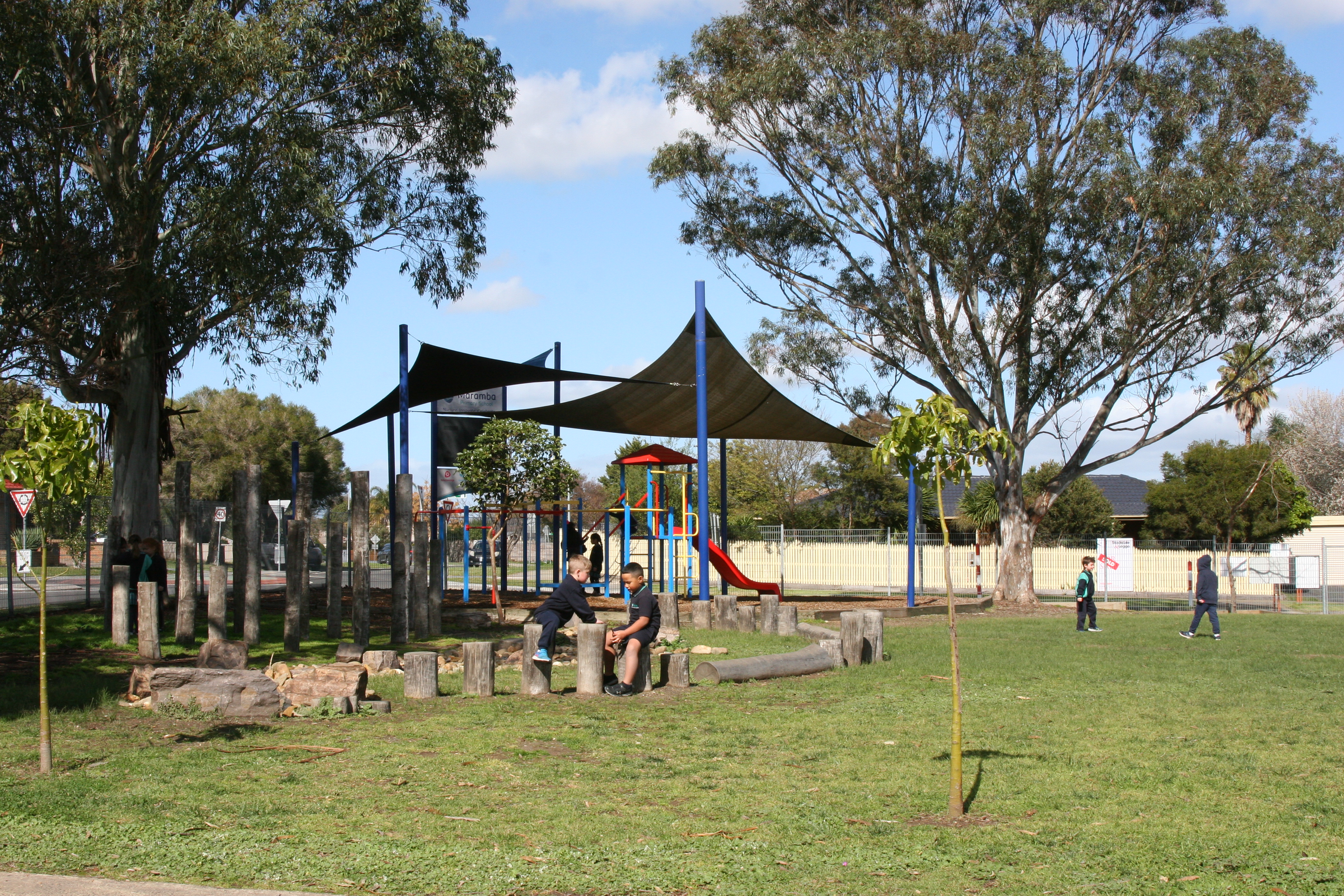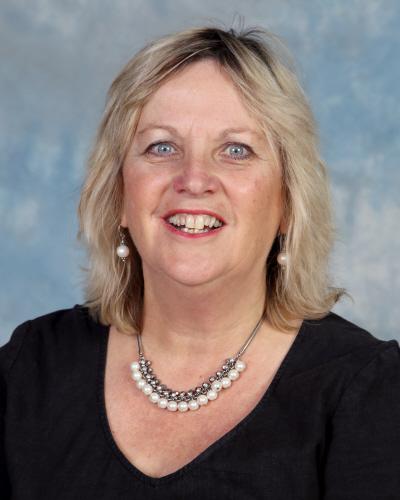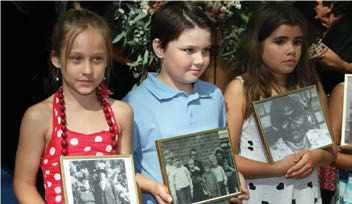Assistant Principal Report

Maramba Vision
Providing a caring environment where aspirations are nurtured, positive relationships grow, success is celebrated and a passion for lifelong learning is ignited.
Nurture. Innovate. Celebrate.
Dear Students, Parents, Carers and Families,
National Sorry Day Theme: In this together
In 2020 Reconciliation Australia marks twenty years of shaping Australia’s journey towards a more just, equitable and reconciled nation. Much has happened since the early days of the people’s movement for reconciliation, including greater acknowledgement of Aboriginal and Torres Strait Islander rights to land and sea; understanding of the impact of government policies and frontier conflicts; and an embracing of stories of Indigenous success and contribution.
2020 also marks the twentieth anniversary of the reconciliation walks of 2000, when people came together to walk on bridges and roads across the nation and show their support for a more reconciled Australia. As always, we stand on the shoulders of those who came before us, and Australians now benefit from the efforts and contributions of people committed to reconciliation in the past.
Today we work together to further that national journey towards a fully reconciled country. National Sorry Day is a very significant day for Australia’s Aboriginal and Torres Strait Islander Peoples, and particularly for Stolen Generations survivors. The idea of holding a ‘Sorry Day’ was first mentioned as one of the 54 recommendations of the Bringing them home Report, which was tabled in Parliament on 26 May 1997. This report was the result of a two year National Inquiry into the forcible removal and of Aboriginal and Torres Strait Islander children from their families, communities and cultural identity. This removal and separation was carried out under Federal, State and Territory laws and policies from the 1800s to the 1970s.
The children who were removed are recognised today as the Stolen Generations. Many of the Stolen Generations alive today are parents and grandparents.
Almost every Aboriginal family (and some Torres Strait Islander families) today can identify the loss of family members due to the forcible removal policies.
The children who were removed and separated from their families grew up without an understanding of traditional knowledge and culture and without a sense of connection to the land and country where they were born. This disconnection from their families, ancestors, communities and culture has had a lasting and negative effect on the well-being and identity of Stolen Generations survivors, and has had an inter generational impacts on their children and families. It is likely that these effects will continue into the future.
On 26 May 1998 the first Sorry Day was held in Sydney. It is now commemorated across Australia, with many schools and thousands of people participating in memorials and commemorative services and events, in honour of the Stolen Generations.
More about the word ‘sorry’
The word ‘sorry’ is used to express sorrow at the loss of a loved one by Aboriginal and Torres Strait Islander Peoples, usually when that person passes away. The term ‘Sorry Business’ is used to describe the process of laying a loved one to rest.
It is important to understand that when using the word ‘sorry’ in the context of the Stolen
Generations, the word represents the grief and loss experienced by the parents, families and communities of the children who were forcibly removed. Stolen Generations survivors themselves use the word ‘sorry’ when speaking of their loss as a result of their separation from their family, community, country and culture.
For Australians across the country, we use the word ‘sorry’ to show understanding and empathy toward someone who has lost someone special. For example, ‘I am sorry for your losses’.
When we meet to commemorate National Sorry Day, we do so by showing respect and remembrance in a similar way as when we meet on other days of historical significance, such as ANZAC Day. On National Sorry Day, we gather together to commemorate the
Stolen Generations, their families and communities, celebrating their strength and survival and sharing in the process of healing and reconciliation.
The story of the Stolen Generations is a significant and important aspect of Australia’s history. By teaching our children about this past through sensitive, age appropriate and encouraging learning activities. In doing so we widen their scope of understanding their country’s history and stand to make a genuine and long lasting contribution toward the broader understanding of this history among other children and adults, and to the achievement of healing and reconciliation in the wider community.
Children holding framed photos of their Stolen Generations ancestors in the Members’ Hall, Parliament House, during Commissioner Tom Calma’s response to the Apology on 13 February 2008
Kind Regards,
Diane Morwood
Assistant Principal


